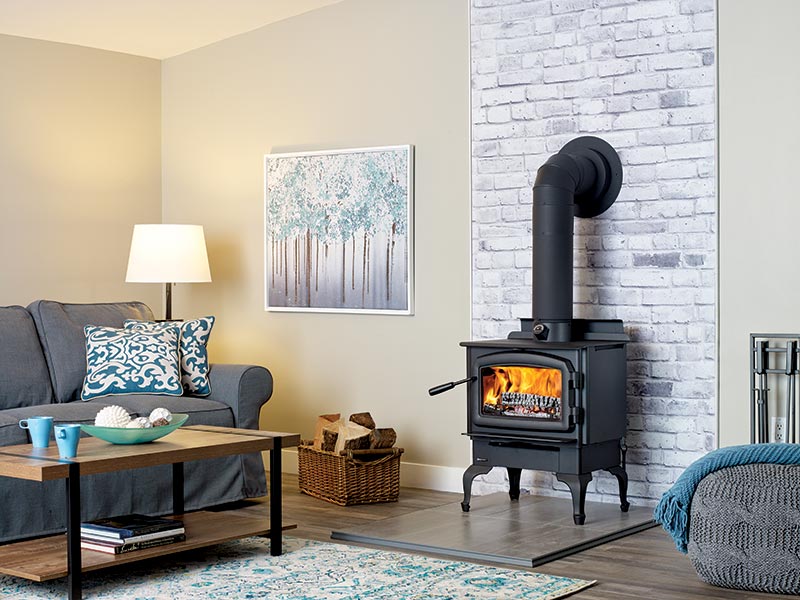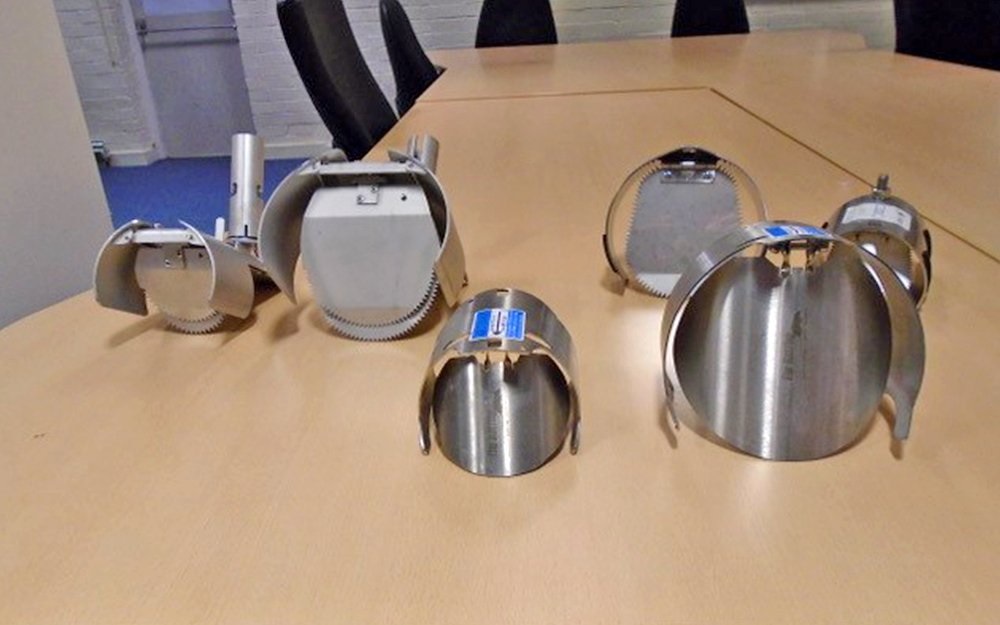
Wood stoves offer an array of advantages, blending cost-effective heating with eco-friendliness. They provide an efficient, cozy warmth while offering independence from traditional utilities. With a renewable fuel source, wood stoves contribute to a reduced carbon footprint, aligning with sustainable practices.
Their charm isn’t merely aesthetic; they serve as backup heating during outages and can even double as a cooking source. Modern designs emphasize energy efficiency, ensuring optimal heat distribution throughout spaces. However, responsible usage is key: proper installation, regular maintenance, and using dry wood uphold safety and environmental standards.
Wood stoves embody a harmonious fusion of warmth, economy, and environmental consciousness, making them a versatile and appealing choice for many households. Below we discuss why you should use a blaze king 40 price wood stove.
Cost-Effective Heating
Wood stoves present a cost-effective solution for heating homes. Wood, as a fuel, can be more affordable than other heating sources like gas or electricity, especially if sourced locally or obtained from personal property. Despite initial investment costs for the stove and installation, the long-term savings on fuel expenses often outweigh these upfront expenditures. Additionally, the availability of wood in many regions makes it a readily accessible and economical heating option.
Energy Efficiency
Modern wood stoves are designed with a focus on energy efficiency. They utilize advanced combustion techniques and insulation to extract the maximum amount of heat from the wood while producing minimal waste.
Some stoves incorporate features like secondary combustion, which burns off excess gases, increasing efficiency and reducing emissions. With improved design and technology, newer models provide more heat with less wood, making them a greener and more cost-effective choice.
Renewable and Sustainable
Wood is a renewable and sustainable energy source when harvested responsibly. Sustainable forestry practices ensure the replenishment of trees at a rate comparable to or faster than they are harvested, maintaining the balance of the ecosystem.
By using wood from managed forests or sustainably sourced sources, individuals contribute to the reduction of carbon emissions compared to non-renewable fuels. This makes wood stoves an environmentally friendly option for heating.
Independence from Utilities
Wood stoves offer a degree of independence from traditional utilities. In areas where access to gas or electricity is limited or during power outages, wood stoves provide reliable heating.
This autonomy empowers homeowners to maintain warmth and comfort even when external services are disrupted, contributing to a sense of self-sufficiency.
Versatility and Aesthetic
Beyond their primary function of heating, wood stoves add an aesthetic and functional element to homes. They create a cozy ambiance, especially in rustic or traditional settings.
Some models come with cooking surfaces or ovens, offering the additional benefit of being able to prepare meals or boil water, making them a versatile appliance for both heating and cooking.
Reduced Environmental Impact
When used responsibly and with proper maintenance, modern wood stoves produce fewer emissions and particulate matter compared to older models or inefficient heating systems. Advanced designs focus on cleaner burning, which minimizes air pollution.
Using dry and seasoned wood, adhering to installation and usage guidelines, and opting for EPA-certified stoves contribute to reducing the environmental impact associated with wood burning.
Final Thoughts
Wood stoves, while offering numerous benefits, require responsible usage to ensure safety, efficiency, and minimal environmental impact.
Regular maintenance, adherence to local regulations, and sourcing wood sustainably are crucial aspects of maximizing these advantages while mitigating potential drawbacks.
The Cost Of Clutter: How Junk Impacts Your Finances
March 28, 2024
Comments are closed.
-
What Do You Need To Consider Before Hiring A Professional Electrician?
November 17, 2021 -
5 Smart Strategies for Kitchen Renovation
February 22, 2022 -
Get Rid Of Rats By Fixing The Rat Blocker
February 13, 2021
Latest Posts
-
6 Reasons Why You Should Live In The Bay Area
April 10, 2024 -
The Impact of Your Groceries
March 29, 2024 -
Elevate Your Space In Your Forever Home
March 28, 2024 -
The Cost Of Clutter: How Junk Impacts Your Finances
March 28, 2024
Recent Posts
- 6 Reasons Why You Should Live In The Bay Area April 10, 2024
- Experience the Benefits of Residential Water Softener Installation April 2, 2024
- The Impact of Your Groceries March 29, 2024
- Elevate Your Space In Your Forever Home March 28, 2024
- The Cost Of Clutter: How Junk Impacts Your Finances March 28, 2024












